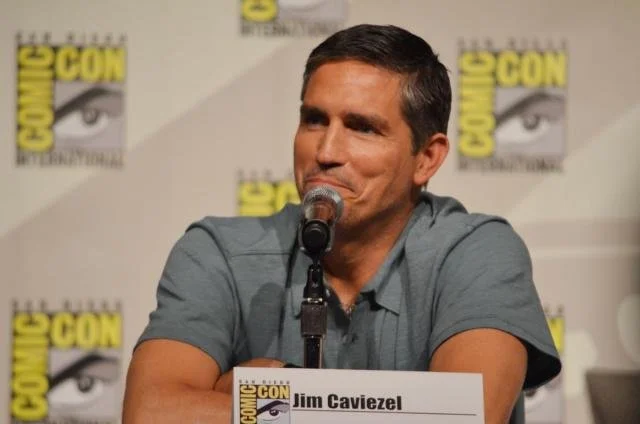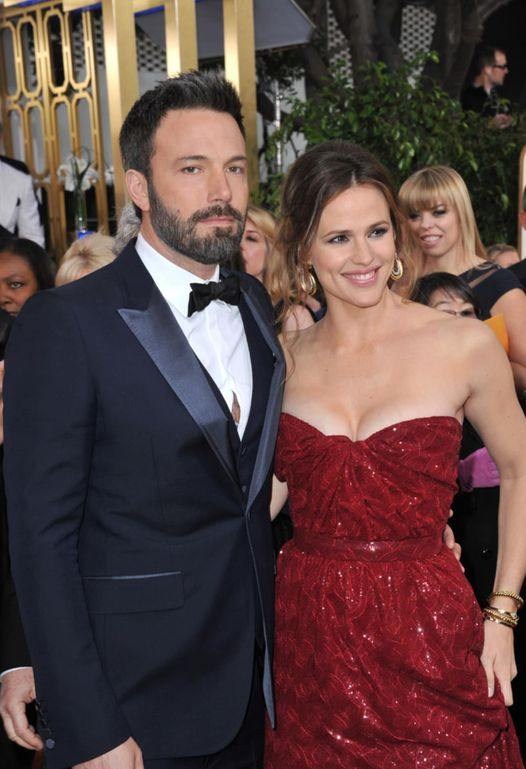Jim Caviezel Takes a Moral Stand: Refuses to Collaborate with Robert De Niro, Citing Behavior as ‘Awful and Ungodly
In a surprising turn of events, renowned actor Jim Caviezel has made headlines in the entertainment industry by publicly declaring that he considers Robert De Niro to be an “awful, ungodly man” and has chosen to refuse any professional collaboration with him. The statement has sent shockwaves through Hollywood, triggering debates about how personal beliefs intersect with professional relationships. This article delves into the specifics of Caviezel’s bold decision, explores the motivations behind his rejection of working with De Niro, and discusses the broader implications of such outspoken statements within the film industry.

Jim Caviezel, widely recognized for his portrayal of Jesus Christ in Mel Gibson’s “The Passion of the Christ,” is known for his unwavering commitment to moral principles and deep Christian convictions. When asked about potential collaborations with De Niro in a recent interview, Caviezel’s response was unequivocal: “I won’t work with Robert De Niro. He is a terrible, ungodly man.” The forceful wording of his statement immediately caught the attention of both fans and the media, raising questions about the nature of the alleged falling out between the two prominent actors.
While Caviezel refrained from providing specific details in the interview, it is evident that his decision stems from a fundamental clash of beliefs. Caviezel’s outspoken Christian values and his dedication to projects aligned with his moral compass suggest that he perceives a significant mismatch between De Niro’s public image and his past behavior. The absence of specific incidents discussed in the interview leaves room for speculation about the nature of the disagreement.
Caviezel’s refusal to work with De Niro prompts broader questions about how actors navigate their personal beliefs within the collaborative and often politically charged environment of Hollywood. While the industry historically thrived on diversity of thought and expression, instances of actors drawing lines based on personal values are becoming more prevalent. This incident reflects the evolving landscape of Hollywood, where individuals feel compelled to assert their principles, even if it risks professional consequences.
The entertainment industry has witnessed instances where actors’ public statements have both enhanced and hindered their careers. Caviezel’s refusal to work with De Niro may find support from like-minded individuals who appreciate his commitment to his beliefs. However, it also raises concerns about potential impacts on his future collaborations and the perception of industry professionals who may view such public declarations with caution.
Jim Caviezel’s deep Christian faith has been a defining aspect of his public persona, particularly highlighted by his role in “The Passion of the Christ.” This role catapulted him into the spotlight as an actor unafraid to take on projects resonating with his spiritual convictions. The clash with De Niro underscores the challenges faced by actors seeking to maintain their integrity in an industry known for its complexities and moral ambiguities.
Beyond the individual actors involved, Caviezel’s refusal to work with De Niro prompts reflection on the broader implications for Hollywood and the entertainment industry. The incident spotlights the ongoing tension between personal beliefs and the collaborative nature of filmmaking. As actors increasingly use their platforms to express their values, the industry may witness a shift in dynamics, with more individuals choosing to take a stand on issues they hold dear.
Jim Caviezel’s decision to decline collaboration with Robert De Niro based on moral grounds has ignited a conversation about the intersection of personal convictions and professional engagements within Hollywood. The incident serves as a reminder of the delicate balance between personal ethics and the collaborative spirit that defines filmmaking, as the entertainment industry continues to navigate these complexities.


